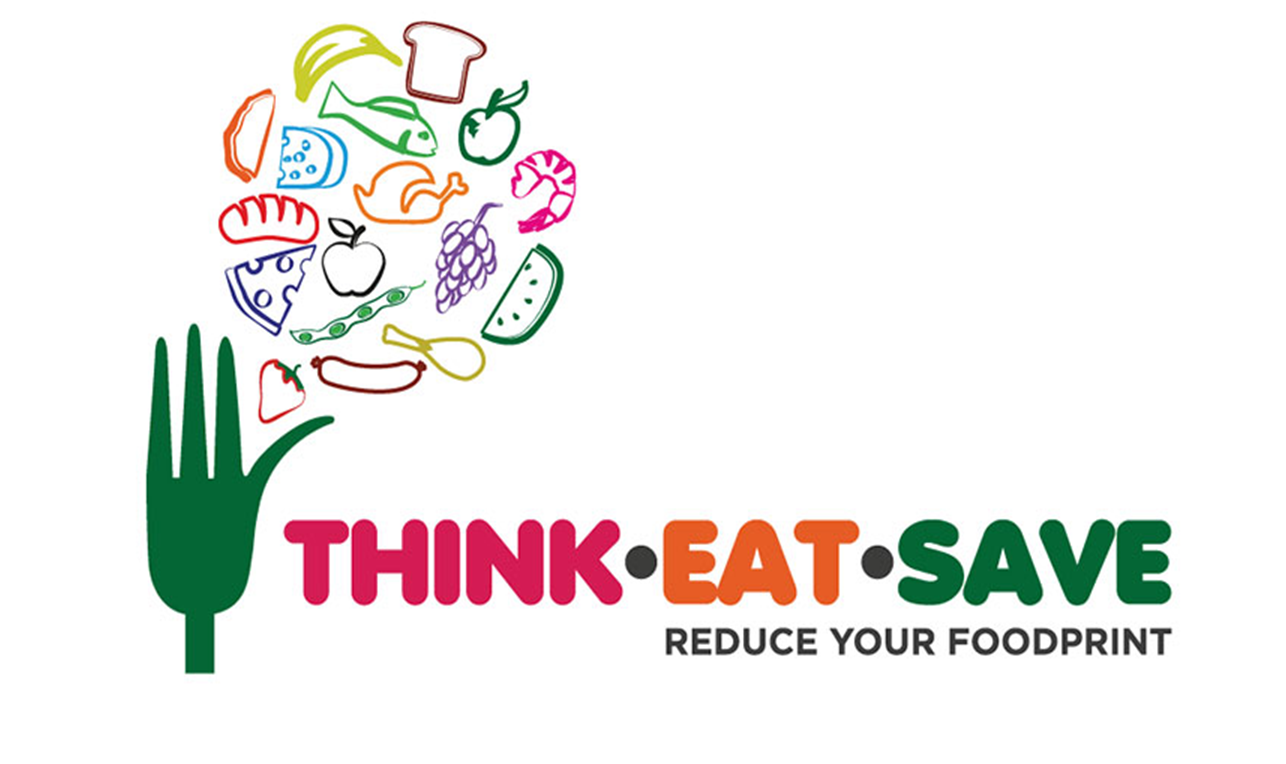Several other groups have also taken up the cause, among them the UN Environmental Program. Their governing council recently held a zero waste reception for its executives in Nairobi. The banquet was created solely from less than perfect produce, 3,500 pounds of Kenyan fruits and vegetables that were rejected for cosmetic reasons by UK supermarkets. The remaining food was then donated to local charities, including a community based organization that runs a school with a meal program that feeds 580 children.
Tristam Stuart, food waste author and founder of Feeding the 5000 was recently quoted as saying, "It's a scandal that so much food is wasted in a country with millions of hungry people. The waste of perfectly edible 'ugly' vegetables is endemic in our food production systems and symbolizes our negligence." He further states that European supermarket rejection of produce due to cosmetic reasons causes Kenyan farmers to waste 40% of their harvest.
Consumer food waste soon follows. A study released in 2013 by the British Institution of Mechanical Engineers estimates that between 30% and 50% of food produced in the world is wasted. Another group involved in resolving this crisis in wasted food is the Think. Eat. Save. campaign. Their numbers indicate that the total quantity of wasted food would be sufficient to feed the estimated 900 million hungry people in the world. Americans alone waste 150 billion pounds of food a year (worth $240 billion). That's enough food to fill the Rose Bowl to the brim every day.

With such a global crisis what can we as individuals do? There are some easy solutions that we all can take. Reuse leftovers before they become refrigerated "science projects." Asking for a doggie bag when we are dining out is another way. And being aware of grocery store marketing gimmicks that get us to buy more food than we'll use is one more way that we can be a part of the solution and not the problem.
While we can't do everything, we can all do something.
No comments:
Post a Comment